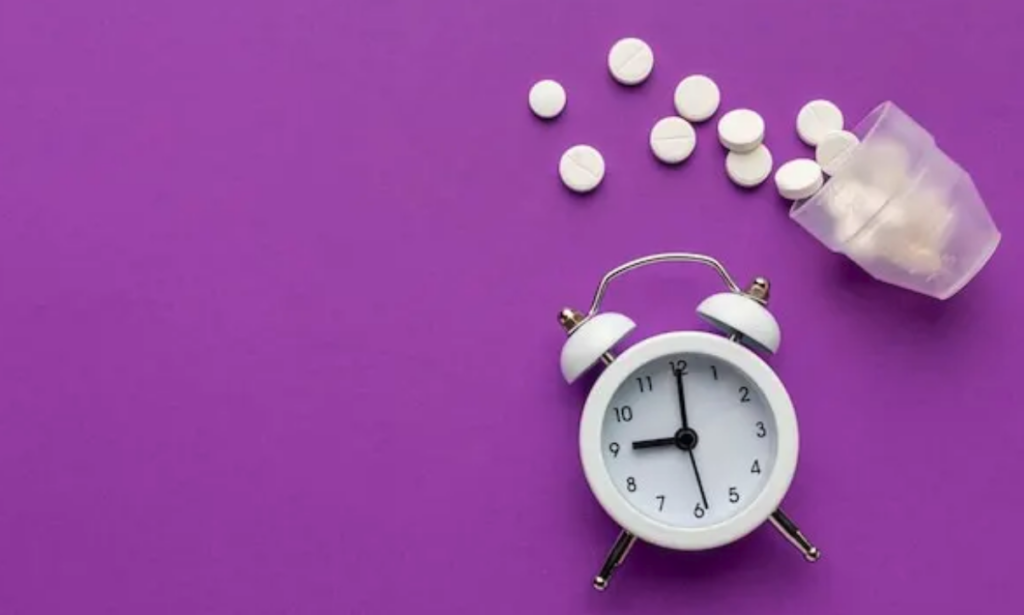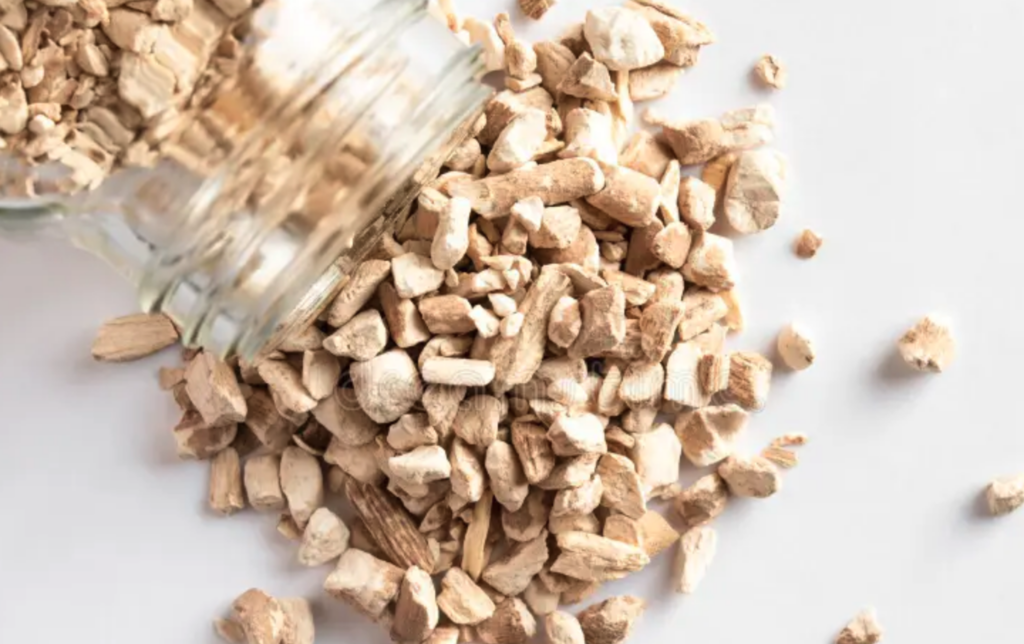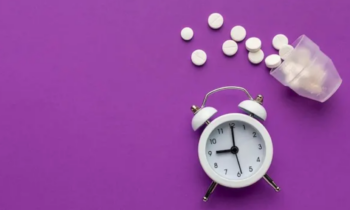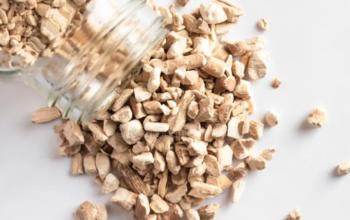 Reading Time: 4 minutes
Reading Time: 4 minutesIn 2025, sleep supplements are everywhere—gummies, powders, capsules, you name it. Why? Our sleep habits stink, and it’s not just making us tired.
Walk into any store or scroll online, and you’ll see shelves bursting with melatonin, magnesium, and a wave of newer sleep aids promising to lull you into dreamland. The market’s booming, with melatonin alone projected to hit over $1 billion globally by 2033, and magnesium riding a wave of hype for its calming effects.
But is this craze a game-changer for restless nights, or just clever marketing cashing in on our collective exhaustion? Let’s dig into the science and see what’s really going on.
The Melatonin Mania
Melatonin’s the poster child of sleep supplements—and for good reason. It’s a hormone your brain naturally produces when darkness falls, signaling it’s time to wind down. The synthetic version, available in doses from 0.5 to 10 milligrams, has become a go-to for insomnia, jet lag, and even shift work woes. The appeal? It’s simple, cheap, and widely studied.
Research backs its ability to shave minutes off the time it takes to fall asleep, especially for people with delayed sleep-wake phase disorder—a condition where your internal clock is out of sync with the day. A 2024 review found it can also improve sleep quality in older adults, who often produce less melatonin naturally.

But it’s not a magic bullet. Studies show the benefits plateau at lower doses—around 1–3 milligrams—while higher doses (think 10 milligrams) don’t necessarily work better and might leave you groggy the next day. Long-term use is where things get murky. While it’s generally safe short-term, there’s little data on what happens after months or years of popping it nightly. Some users report headaches or daytime drowsiness, and over-reliance could mess with your body’s own melatonin production.
Verdict: The science says it works for specific cases, but it’s not a universal fix.
Magnesium: The Chill Mineral
Then there’s magnesium, the mineral du jour for sleep enthusiasts. Touted for relaxing muscles and calming the nervous system, it’s popping up in everything from powders to “sleep mocktails” (thanks, TikTok). The theory? Magnesium helps regulate neurotransmitters like GABA, which quiets brain chatter, and might even boost melatonin production.
A 2023 study of older adults found that 500 milligrams of magnesium oxide daily cut the time to fall asleep by about 17 minutes compared to a placebo. Another trial paired it with melatonin and vitamin B, showing solid results for insomnia across all ages.

Sounds promising, right? But hold on. The evidence is patchy—some studies show no significant sleep boost, and the type of magnesium matters. Magnesium citrate or glycinate might absorb better than oxide, yet most research doesn’t specify. Plus, too much can lead to an upset stomach or worse.
Verdict: It’s a mineral we need anyway (think leafy greens and nuts), but as a sleep aid, it’s more of a supporting player than a star.
New Kids on the Block
Beyond the big two, 2025 has unleashed a flood of trendy alternatives.
Ashwagandha, an adaptogen, is climbing the charts with claims of lowering cortisol (the stress hormone) and easing you into sleep—sales spiked 94% in 2022, and the buzz hasn’t faded.

L-theanine, found in green tea, pairs with magnesium in some formulas to dial down anxiety.
Then there’s tart cherry juice, a natural melatonin source that’s got athletes hooked for recovery and sleep.
Verdict: Early studies—like one from 2024—suggest these might help, but the data’s thin. Most are piggybacking on small trials or anecdotal hype, not robust, long-term research.
Boom or Bust?
So, do they work? It depends.
Melatonin’s got the strongest evidence for short-term use, especially if your sleep schedule’s off-kilter. Magnesium shows promise as a relaxant, but it’s not a slam dunk. Newer aids like ashwagandha or tart cherry are intriguing, but they’re still in the “maybe” column—science hasn’t caught up to the marketing yet.
The catch? Sleep supplements aren’t regulated like drugs, so quality varies wildly. A 2023 analysis found some melatonin gummies had up to 347% of the labeled dose—or none at all. You might be getting more (or less) than you bargained for.
Here’s the real kicker: no supplement can outrun bad sleep habits.
Screen time, caffeine late in the day, or stress can tank your rest faster than a pill can fix it. Experts agree—supplements might nudge you toward sleep, but they’re not a substitute for a solid routine. The market’s booming because we’re desperate for rest in a 24/7 world, yet the science says “proceed with caution.”
If you’re tempted, start low, check with a doctor, and don’t expect miracles. For now, it’s less a bust and more a cautious boom—one that’s still finding its footing.
But don’t forget that the time tested fix for bad sleep is good sleep hygiene. What are your daily habits? Do you love your bed? Is sleep in your schedule? How much natural light do you see, especially at the start and the end of the day?
While supplements can sometimes bridge the gap, life-long good sleep will always come with good habits and a healthy approach to sleep.






